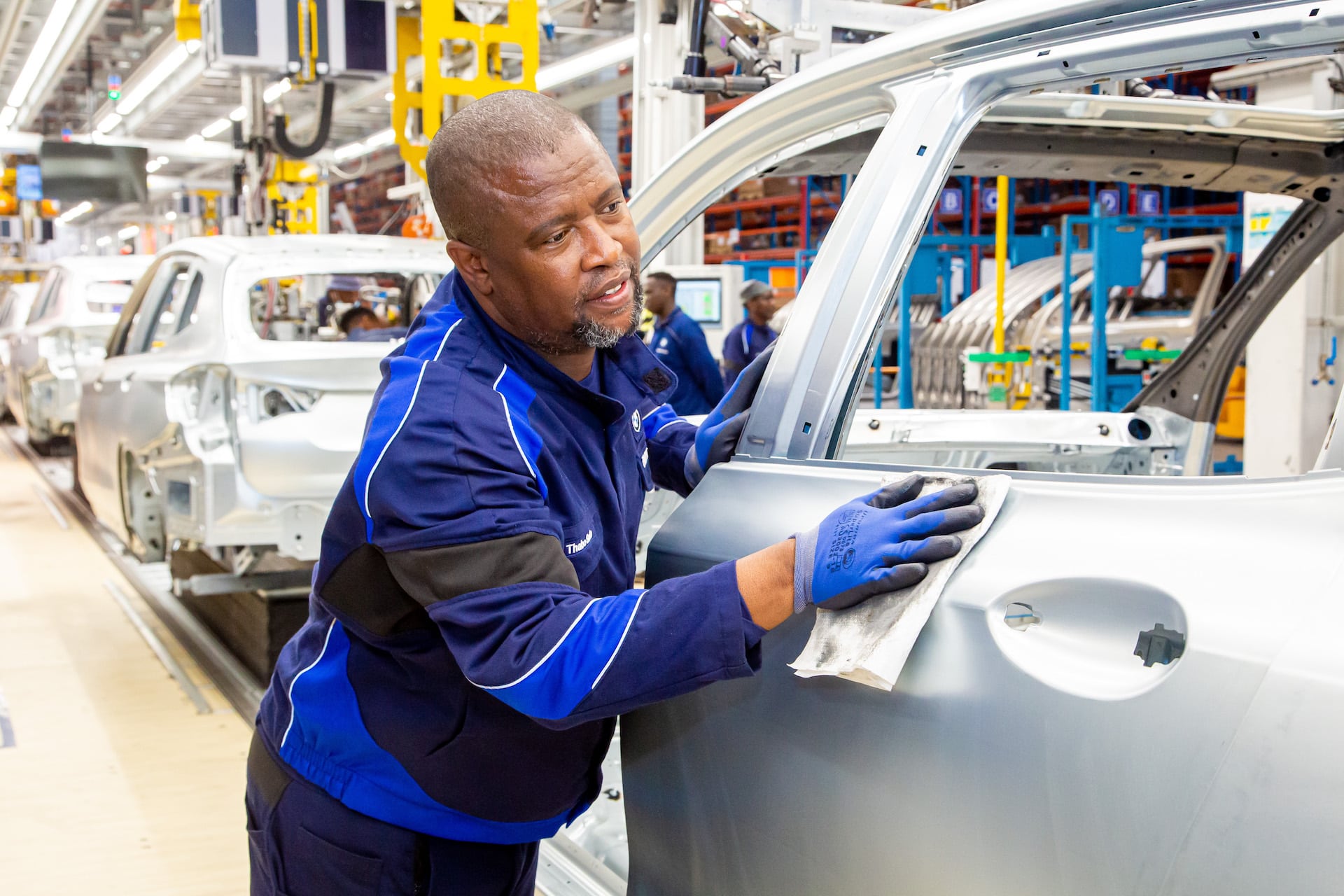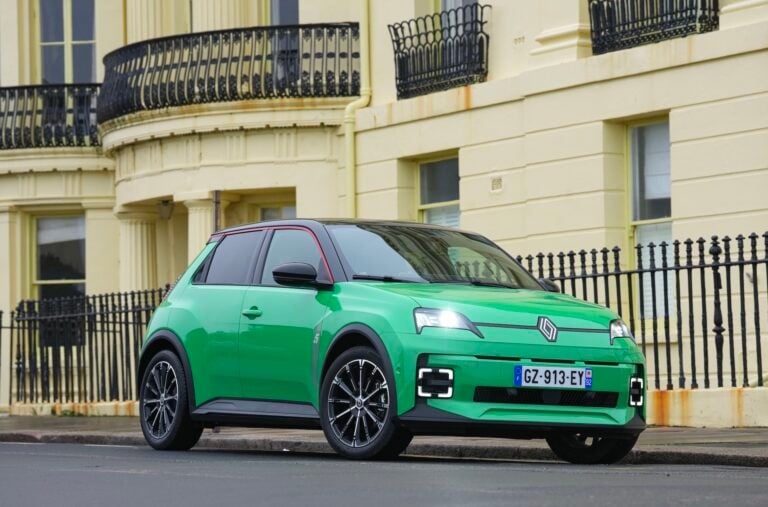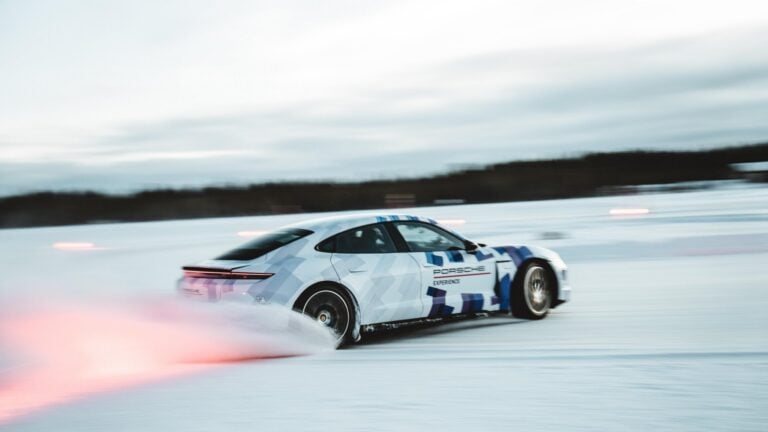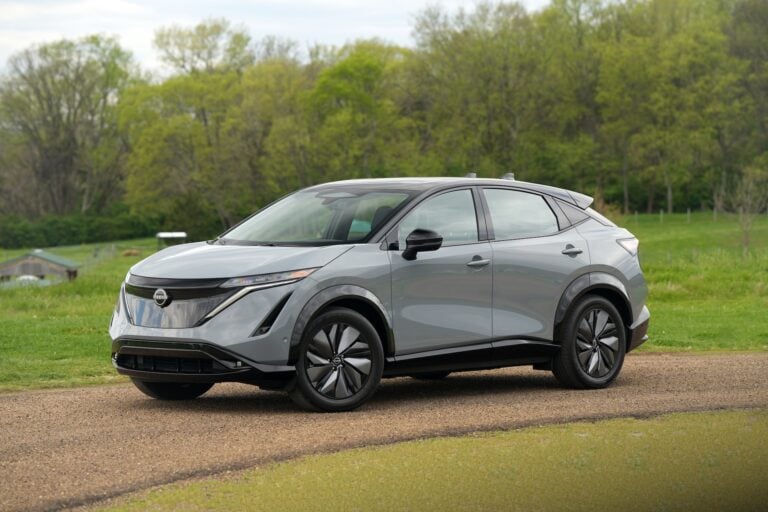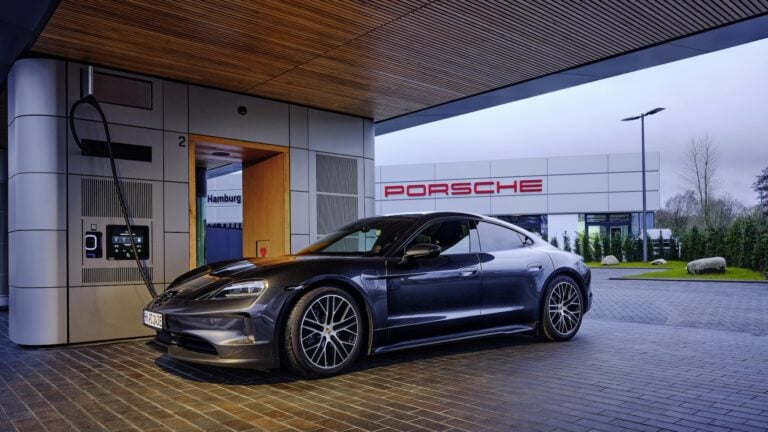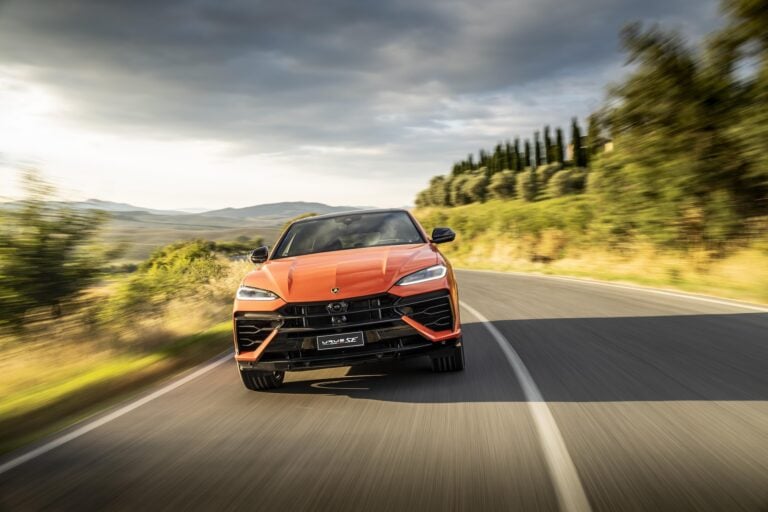What’s Happening
Celebrating its 50th year of presence in South Africa, the BMW Group announced its plan to transform Plant Rosslyn into a hub for electric vehicle production. The announcement was made by Milan Nedeljković, BMW AG Board Member for Production, who disclosed that the next-generation BMW X3 will be manufactured as a plug-in hybrid at the South African plant from 2024 onwards. The move will be enabled by a hefty investment of 4.2 billion rand (over 200 million euros), which will also facilitate training for more than 300 employees at the plant.
Why It Matters
The transformation of Plant Rosslyn aligns with BMW’s global iFACTORY initiative, aiming for a more resource-friendly, digitalised, and efficient production of electric vehicles. This South African plant, which already has an impressive record of producing over 1.6 million vehicles exported to over 40 countries, will serve as a model of sustainability, social responsibility, and economic development. In addition, it extends the BMW Group’s commitment to electrification, highlighting their global transition to cleaner energy and transportation solutions.
Key Points
Since its establishment 50 years ago, Plant Rosslyn has played a crucial role in BMW’s globalization, exporting vehicles to 14 African nations and many others worldwide. The plant’s production portfolio is wide, featuring models from the BMW 1800 SA to the BMW 7 Series. It began manufacturing the BMW X3, the company’s best-selling vehicle, in 2018. Furthermore, the BMW Group reaffirms its commitment to South Africa through its investment in a UNICEF-led programme. This initiative, bolstered by a donation of more than 1.5 million euros, will offer STEAM (Science, Technology, Engineering, Arts and Mathematics) education to thousands of young South Africans.
Bottom Line
BMW’s ambitious plan to electrify Plant Rosslyn demonstrates its commitment to accelerating the transition to sustainable, electric mobility on a global scale. This move sets a precedent for other automotive manufacturers and represents a significant stride towards a greener future. Moreover, the group’s commitment to social responsibility and resource conservation, highlighted by their collaboration with UNICEF and resource recycling initiatives, underscores the company’s dedication to positive, sustainable impact beyond the automotive industry.

